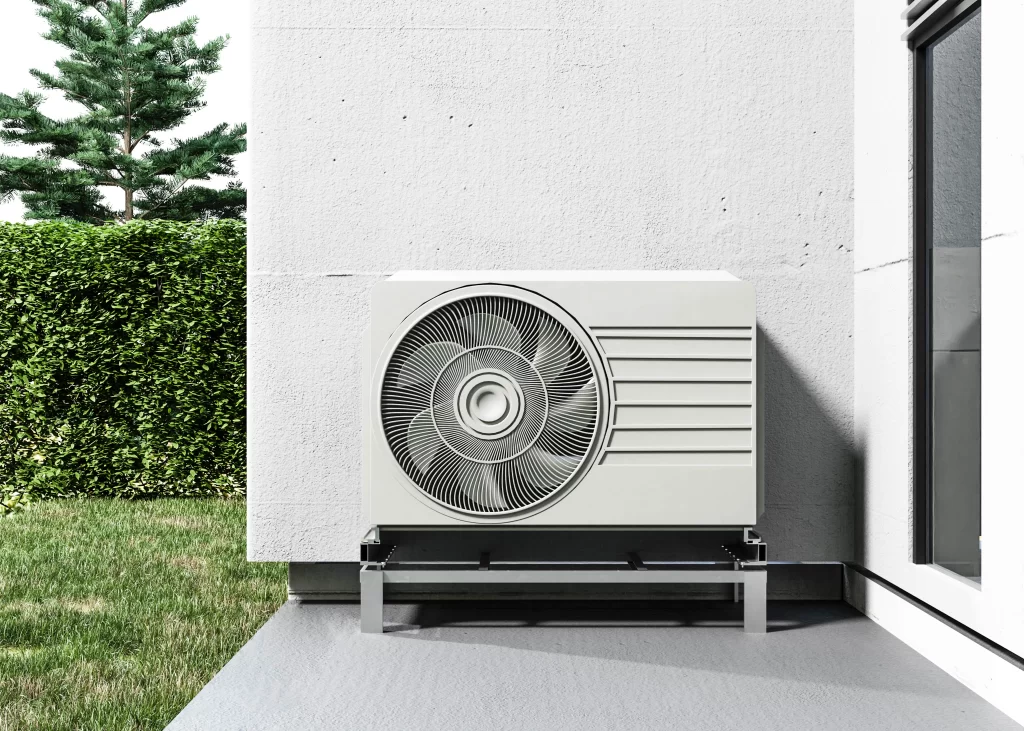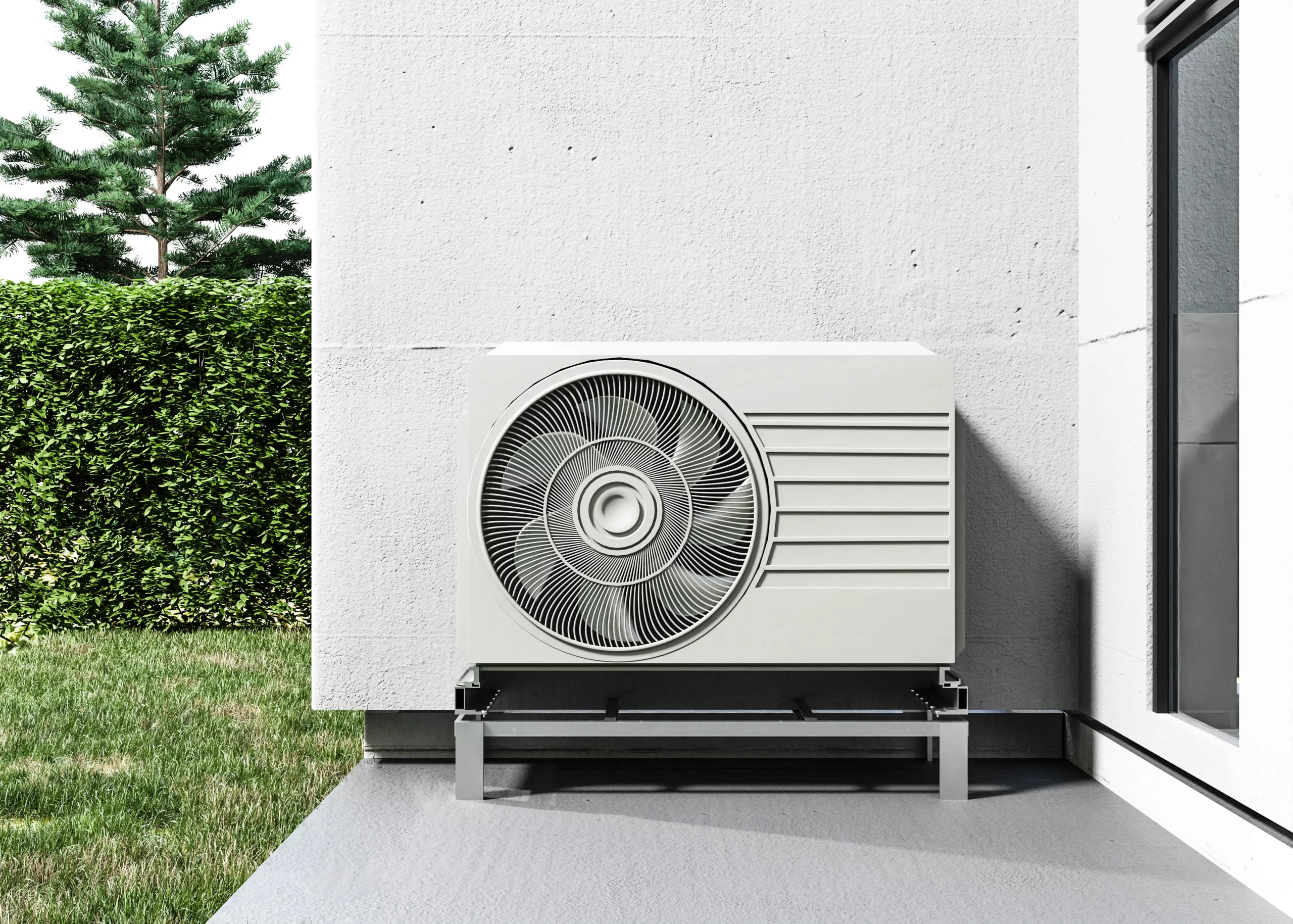As winter blankets the landscape with frosty mornings and chilly nights, the efficiency of our heating systems becomes paramount. Among the various heating solutions available, heat pumps stand out for their versatility and energy efficiency. But how do they fare when the temperatures drop?
Let’s delve into the inner workings of how heat pumps work in winter and address common concerns surrounding their functionality in cold weather.
How Does Heat Pumps Work in Winter?
To understand how heat pumps operate in winter, it’s essential to grasp the basic principles behind their functionality. Unlike traditional heating systems that generate heat, heat pumps work by transferring heat from one place to another. They accomplish this feat using a refrigerant cycle that consists of four main components: the evaporator, compressor, condenser, and expansion valve.
Also Read :- What are heat pumps?
Does a heat pump work in Winter?
During winter, when outdoor temperatures plummet, heat pumps extract heat from the outside air, even in cold weather. Contrary to popular belief, they can extract heat efficiently even when outdoor temperatures dip below freezing. This is because there is still heat energy present in the air, albeit at lower temperatures. The refrigerant absorbs this heat energy from the outdoor air, and the compressor then compresses the refrigerant, raising its temperature. The heated refrigerant is then pumped indoors to provide warmth through the indoor unit, such as a fan coil or radiant floor system.
What Temperatures Do Heat Pumps Stop Working?
While heat pumps are designed to operate effectively in cold weather, there are limitations to their performance. Most modern heat pumps are equipped with a built-in defrost cycle to prevent ice buildup on the outdoor unit’s coils during cold weather. However, extremely low temperatures can reduce the efficiency of the heat pump and may necessitate supplemental heating from electric resistance coils or another backup heating source.

The threshold at which heat pumps start to lose efficiency varies depending on factors such as the type of heat pump, insulation levels in the home, and the specific climate conditions. Generally, heat pumps can efficiently extract heat from outdoor air down to temperatures around 0°F (-18°C). Below this temperature, the heat pump’s performance may decline, and supplemental heating may be required to maintain indoor comfort levels.
Common Issues: Heat Pump AC Not Working in Cold Weather
Despite their overall reliability, heat pumps may encounter issues during extreme cold spells. Some common problems include:
- Ice buildup on the outdoor unit: In freezing temperatures, moisture in the air can freeze on the outdoor unit’s coils, hindering the heat pump’s ability to extract heat. Regular maintenance and ensuring proper airflow around the unit can help mitigate this issue.
- Inadequate insulation: Poor insulation in the home can lead to heat loss and reduce the effectiveness of the heat pump. Proper insulation and sealing air leaks can help improve energy efficiency and indoor comfort.
- Oversized or undersized system: An improperly sized heat pump may struggle to maintain consistent temperatures, especially in extreme weather conditions. Consulting with a qualified HVAC professional can help ensure the heat pump is appropriately sized for the home’s heating needs.
Conclusion:
Heat pumps offer an efficient and eco-friendly heating solution for homes, even in winter. By leveraging the heat energy present in the outdoor air, they can provide warmth and comfort while reducing energy consumption. While they may encounter challenges in extremely cold weather, proper maintenance and understanding of their capabilities can help maximize their performance. As we navigate the winter months, let’s appreciate the ingenuity behind heat pump technology and its contribution to sustainable heating solutions.
